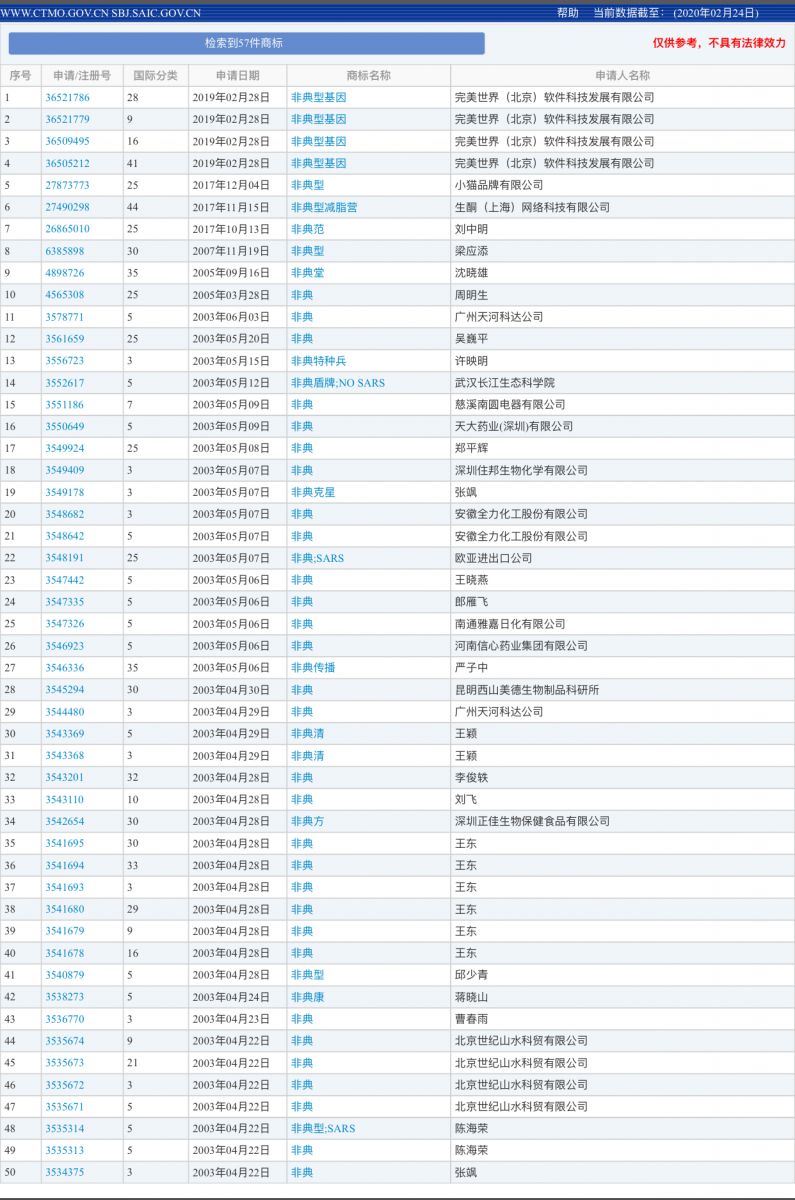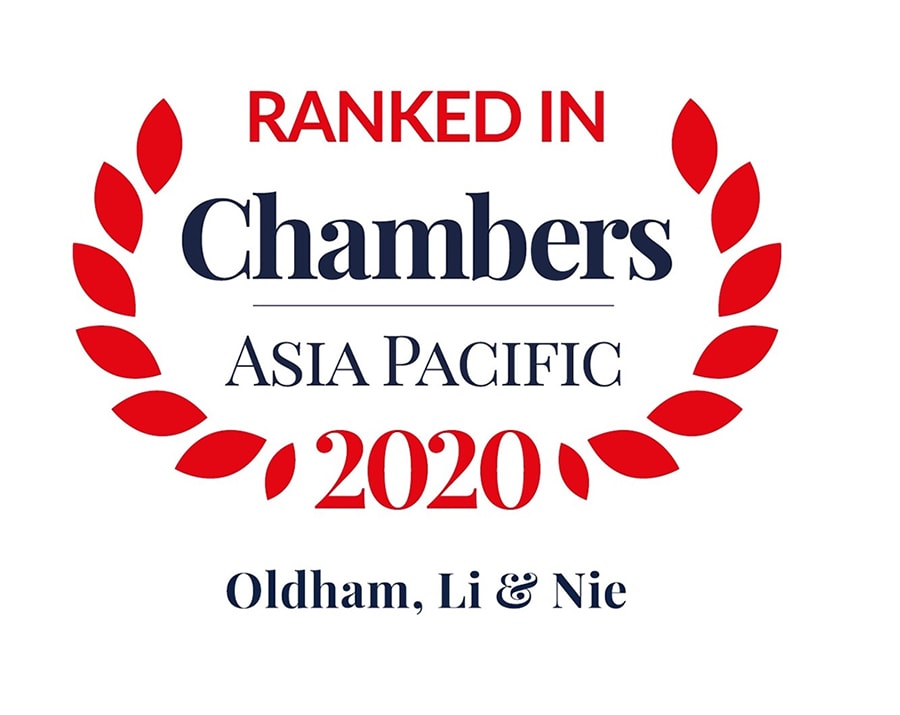Background
It is hard to get away from this topic right now which is dominating the news not just here in Asia, but globally. Many office workers in Hong Kong and mainland China are being advised to work from home, shops are running out of the most basic of commodities, and as for being able to buy facemasks or sterilizing fluid? – let’s not even go there.
The aviation industry is among the hardest hit. Airlines are cutting out routes, grounding aircraft, encouraging staff to take unpaid leave and airport passenger numbers are way down. There are knock-on effects too. Major sporting events and trade fairs have been cancelled. The Shanghai Grand Prix has been called off. So too the Hong Kong Rugby 7’s in April, which are always a nice little earner for the airlines based here.
Passengers hoping to travel may be affected by flight cancellations, or re-routings as the airlines look to consolidate their operations. Can passengers recover their financial losses if they are affected in this way? Worse still (and heaven forbid) what if a passenger were to contract Coronavirus during a flight? Let’s take a look.
The law
The Montreal Convention (or MC99 for short) is an international air law convention that generally applies, as more than 120 countries around the world have signed up to it. The convention provides a uniform and predictable set of rules that govern the international carriage of passengers by air. It also imposes limits on the amounts that can be claimed, but in return the convention imposes a strict liability regime on the airlines up to that specified limit (for injury claims the limit is currently 128,821SDR’s, or USD177,000 in real money!).
Can I claim for injury?
I am not aware of any claims for injury being made by air passengers (yet), although my friends working on the ‘dark side’ will no doubt correct me on this.
A claim of this type is not as straight forward as, say, a simple head injury caused by an item falling from an overhead bin, or being scalded by a super-hot cup of coffee being dropped on your lap by the flight attendant. In fact, the approach for a Coronavirus claim would be along similar lines to how the DVT (Deep Vein Thrombosis) cases were argued, where passengers alleged that being forced to sit in cramped conditions during long-haul flights led to the formation of blood clots. Whilst these DVT claims did not succeed on the whole, they did however force the airlines to re-think their advice to passengers, and airlines now encourage passengers to walk around the cabin and stretch whenever possible.
To succeed with a Coronavirus claim, a passenger would have to satisfy the requirement under the Montreal Convention that being infected during a flight constitutes an ‘accident’ – i.e. something unusual that occurs which is external to the passenger. There is caselaw which assists in helping to establish that this requirement is met. I am not a medical man, but the symptoms which affect a victim of Coronavirus are quite severe (we are not just talking about a mild cough and a sore throat), so that hurdle may well be satisfied in most cases.
In looking to establish a claim, consider the following –
Did the airline fumigate its aircraft on a regular basis (in particular after they flown to regions badly affected by the virus)?
Did the airline operate a regime of temperature testing passengers at check-in, or as they board the aircraft?
Did the airline carry masks on board which can be issued to any passenger taken unwell during a flight with Corona-type symptoms?
Also, did the airline take any steps to segregate, and move away any passenger who became unwell? (Bear in mind many flights are operating with poor load factors, so not having spare seats is no excuse for the airline)
Has the airline complied with local and international health regulations?
Has the airline checked the aircraft’s ventilation systems recently, bearing in mind the Coronavirus outbreak?
Has the airline taken steps to follow up on information provided by health authorities that an infected passenger may have been onboard one of their flights?
What about flight cancellations and denied boarding?
Here’s the interesting thing. Airlines are not cancelling services because of Coronavirus per se, they are cancelling because of poor demand and load factors. The distinction is a subtle one, but very important nonetheless for any passenger left out of pocket by a flight being cancelled at short notice.
The Montreal Convention allows air passengers to claim compensation for the damages which flow from their travel disruption. More precisely, the convention allows passengers to claim for any financial losses incurred such as booking alternative flights, hotels, meals, ground transportation etc. where the airlines have taken no, or inadequate steps to look after the affected passengers. Proof of loss is required though, so passengers should keep hold of receipts, invoices, credit card payment slips and the like. Passengers should also have in mind the strict 2-year limitation period that applies to claims of this nature.
As for denied boarding, well if you undergo a temperature check after arriving at the airport and are deemed to be carrying a fever then the airline may be within its rights to deny travel. There would be little point in making a claim if the airline has direct evidence to show that you may be infected. Whether you can secure a refund on your ticket may depend on the type of ticket purchased, as certain promotional or cheap fare tickets have restrictive terms that apply.
Contact
If you have any questions (or better still you wish to make a claim) then send an email to gdoldham@oln-law.com
 香港中环雪厂街二号圣佐治大厦五楼503室
香港中环雪厂街二号圣佐治大厦五楼503室 +852 2868 0696
+852 2868 0696











